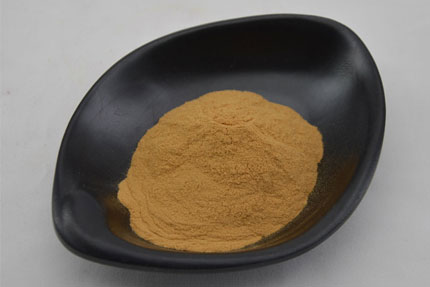Thymoquinone naturally extracted

Pharmacological effects of thymoquinone, including antioxidant, anti-inflammatory, immunomodulatory, antihistamine, antimicrobial and antitumor effects.
Black seed oil is considered a promising plant extract due to its richness in thymoquinone.
Black Seed Oil is produced from the seeds of Nigella sativa (also known as Black Cumin Seeds), through mild cold pressing and subsequent filtration, washing, and palm oil extraction with a spicy aroma and a slightly spicy taste.
The medicinal properties of black grass seeds have been known for centuries in Middle Eastern and African cultures.
Black cumin seed oil is mostly linoleic acid, a fatty acid that has a balancing effect on inflammation.
Traditionally, using black seed oil supplements only provides an average of 1% of the thymoquinone content.
The content of powder thymoquinone can reach 5%, so powder extract is the main form of thymoquinone extract.
Israel-based TriNutra has developed the first cold-pressed nigella seed oil with a standard content of 3% thymoquinone, the main active ingredient.
According to the company, ThymoQuin 3% has anti-inflammatory and antioxidant properties that promote cardiovascular and respiratory health and regulate blood sugar levels.
Thymoquinone (TQ) is the main component of Nigella sativa, accounting for 28% to 57% of the oil content of Nigella sativa.
Nigella, also known as black cumin, is an annual herbaceous aromatic plant of the Brassicaceae family.
It is widely used as a spice and food additive in food production.
It is also used as a drug to treat asthma, diarrhea, Headaches, stuffy nose, back pain, high blood pressure and gastrointestinal problems,.
Nigella is currently recognized as a generally recognized safe food ingredient by the U.S. Food and Drug Administration (GRAS 182.10).
Studies have shown that thymoquinone has a variety of biological activities, including anti-tumor, anti-inflammatory, bacteriostatic, antioxidant and so on.
Although thymoquinone has been reported to have inhibitory effects on a variety of microorganisms.
its inhibitory effect and mechanism on Cronobacter sakazakii have been rarely studied.
In view of this, the purpose of this experiment was to investigate the bacteriostatic effect of thymoquinone on Cronobacter sakazakii, and to detect its effects on bacterial growth kinetics model, intracellular ATP, intracellular pH, membrane potential, and cell membrane integrity.
And the effect of cell morphology to explore its possible antibacterial mechanism.
- Previous Article: resveratrol and the efficacy and role
- Next Article: Saw Palmetto Extract
